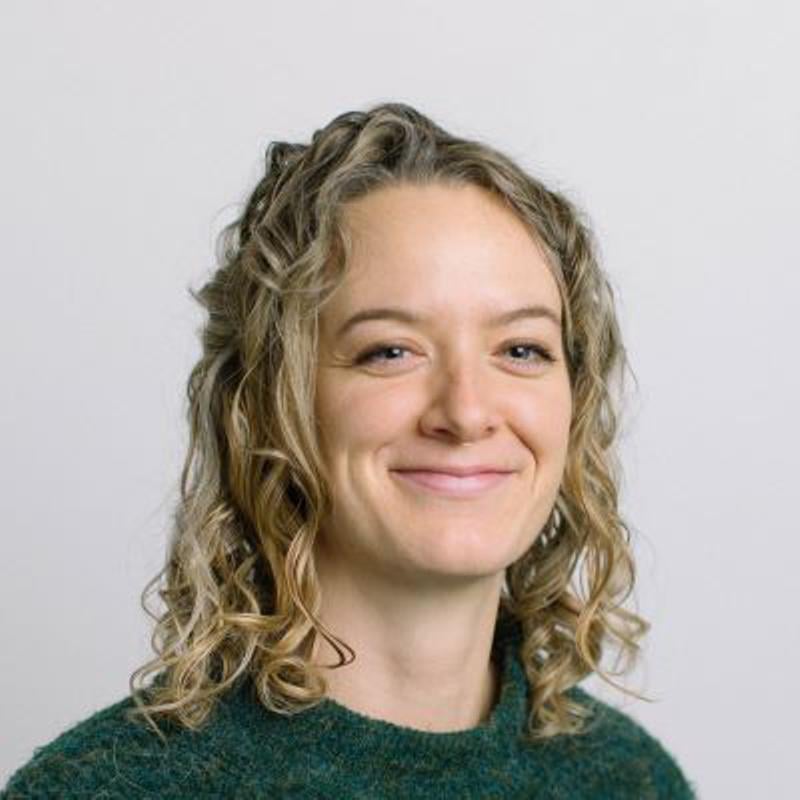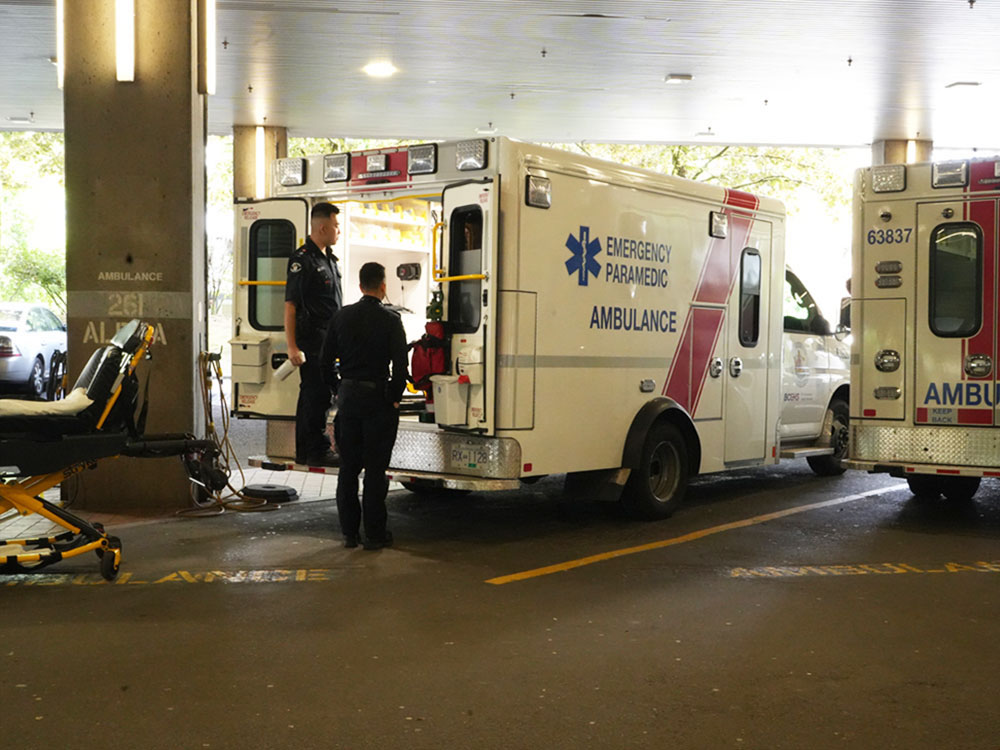One hundred and eighty-four British Columbians were killed last month after they used drugs from the illicit market. That’s about six deaths per day.
On Wednesday the BC Coroners Service said expedited drug testing found that fentanyl and/or fentanyl analogues were involved in 90 per cent of the fatalities. Three-quarters of the tests found the additional presence of a stimulant.
“Illicit fentanyl continues to drive the crisis, which is causing death in large and small municipalities, towns and cities across the province,” said chief coroner Lisa Lapointe at Wednesday’s update. “This health emergency is not confined to one neighbourhood or one demographic. Anyone accessing an illicit substance is at risk of serious harm or death.”
So far this year 1,200 people in the province have lost their lives to toxic drugs, according to the BC Coroners Service. More than 80 per cent of those deaths happened indoors, with half of those deaths happening in a private residence.
The BC Coroners Service said the highest death rates were in the local health area Vancouver-Centre North, which includes the Downtown Eastside, northeast False Creek and Grandview-Woodland; and the respective municipalities of Terrace, Greater Campbell River, Princeton and Greater Nanaimo.
Around 70 per cent of overdose deaths in 2023 happened after someone smoked a substance.
So far this year the toxic drug crisis has disproportionately impacted middle-aged men. Seventy per cent of the people who have died were ages 30 to 59 and 77 per cent were male.
Unregulated drug toxicity is now the leading cause of death in B.C. for people aged 10 to 59, with more people dying from drug poisoning than from homicide, suicide, accidents and natural disease combined.
Since a public health emergency was declared by the B.C. government in April 2016, 12,509 British Columbians have died because of unregulated drugs.
By comparison, last month the BC Centre for Disease Control posted its latest update on COVID-19 deaths. From April 2020 to June 2023, 4,167 people died from COVID-19, with an additional 1,458 people dying last year within 30 days of testing positive for the virus, but not because of the virus.
That’s around 1,042 people dying every year since the COVID-19 pandemic was declared a public health emergency.
Comparing those deaths to ones from toxic drugs, around 1,831 people have died every year since the toxic drugs supply was declared a public health emergency.
Another way to conceptualize those numbers is to compare them to the population of a town.
More people died this year than live in the town of Ashcroft (population 1,182 according to the 2021 census). The 1,200 fatalities are also comparable to the entire population of Mayne Island (1,304 in 2021) or Galiano Island (1,396 in 2021).
In 2022 2,383 British Columbians died from toxic drug overdose, which is more people than live in Port McNeill (2,234 in 2021), Chase (2,377 in 2021) or Blind Bay (2,369 in 2021).
The total death count since April 2016 is 12,509, which is more than the population of Quesnel (12,110 in 2021) and slightly less than Powell River (13,116 in 2021).
Fentanyl is a synthetic opioid. It can be used safely in low and controlled doses and can be prescribed by doctors to help patients manage pain. But when fentanyl is added to illicit drugs the potency of the drug can be extremely hard to determine without specialized drug testing.
If someone nearby is experiencing an overdose, call 911. Naloxone, also known by its brand name Narcan, can reverse an opioid overdose if you or someone nearby is able to administer it before paramedics arrive.
The B.C. government is distributing naloxone kits for free through most pharmacies, which also offer training on how to reverse an overdose. A map of participating pharmacies can be found on Toward the Heart’s website. ![]()
Read more: Health, Rights + Justice
















Tyee Commenting Guidelines
Comments that violate guidelines risk being deleted, and violations may result in a temporary or permanent user ban. Maintain the spirit of good conversation to stay in the discussion and be patient with moderators. Comments are reviewed regularly but not in real time.
Do:
Do not: